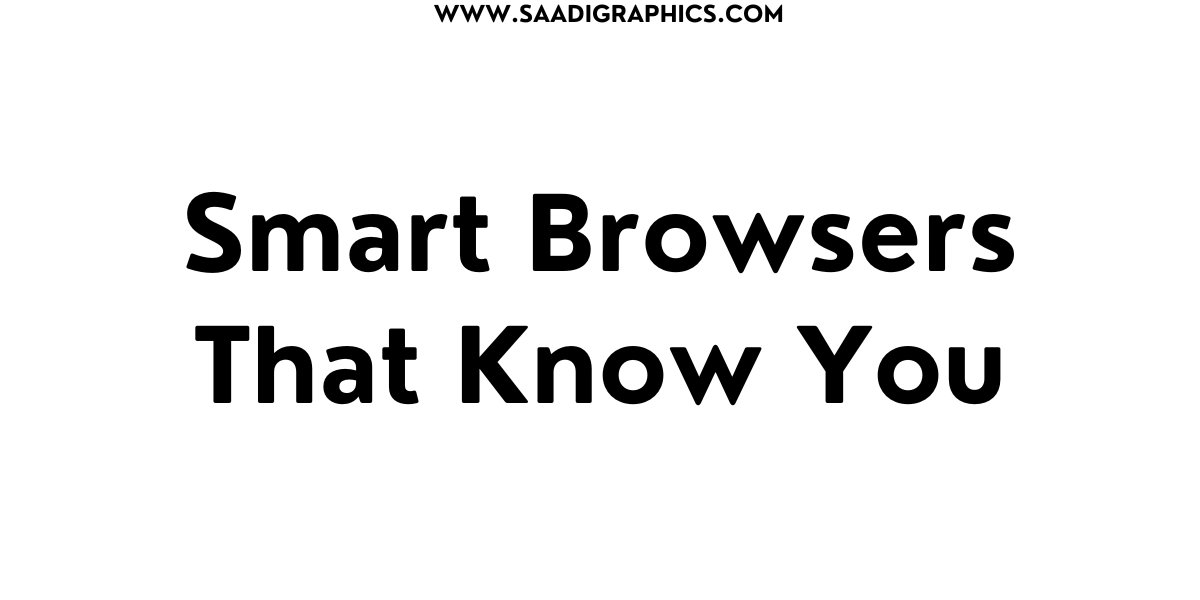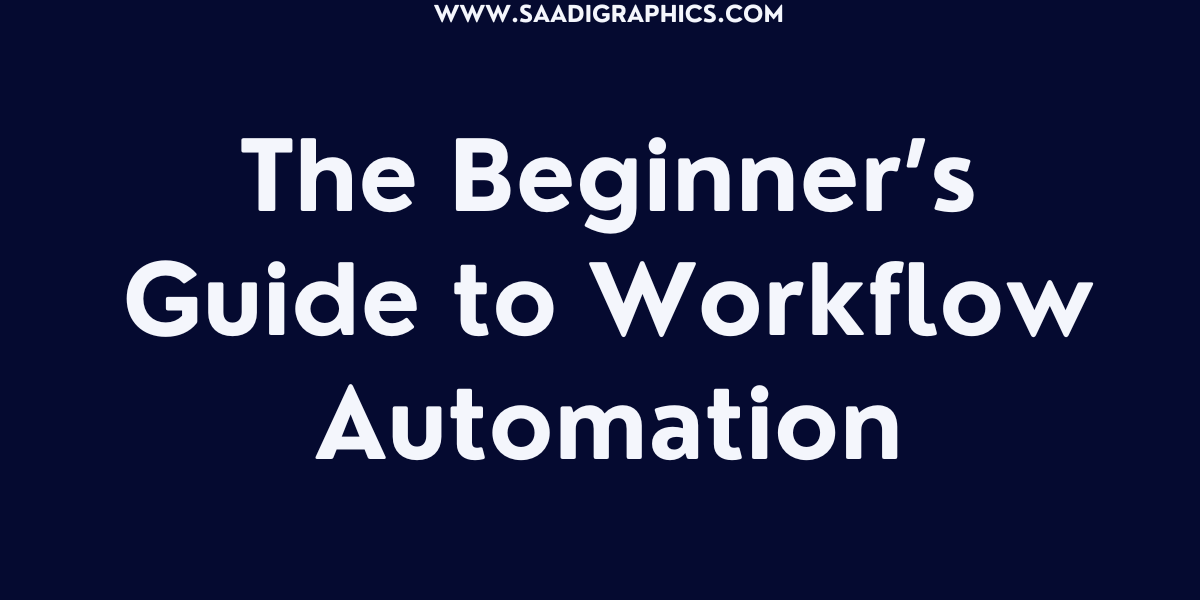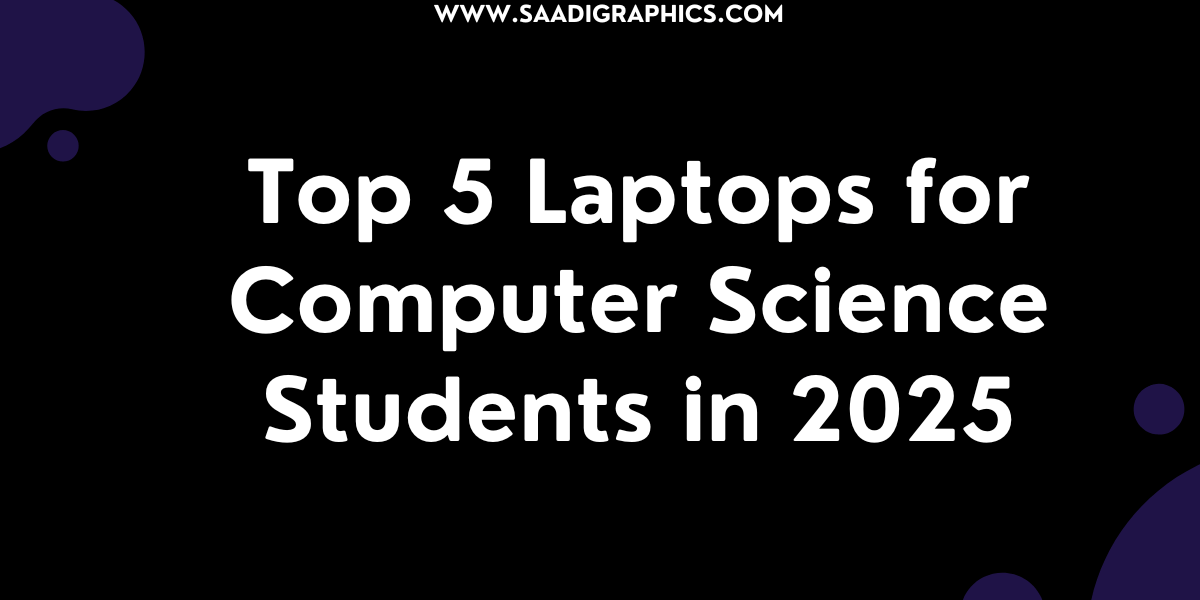AI vs Human Jobs Debate Resurges – What’s Really Going On
AI vs Human Jobs Debate Resurges in 2025,
Let’s not sugarcoat anything. Everyone’s talking about it again. From office chats to tech conferences, podcasts to social media, one question keeps popping up. Is artificial intelligence really coming for our jobs?
This isn’t the first time people have felt uneasy about machines. When computers entered offices, typewriters became history. When automated checkouts appeared, cashiers felt the pressure. But this time, things feel a little more personal. Because now, AI isn’t just limited to factories or supermarkets. It’s entering creative fields, customer service, and even roles that were once considered safe for decades.
So, why is this debate heating up again? And most importantly, what should we actually do about it?
Let’s unpack it properly, with clarity and calm thinking.
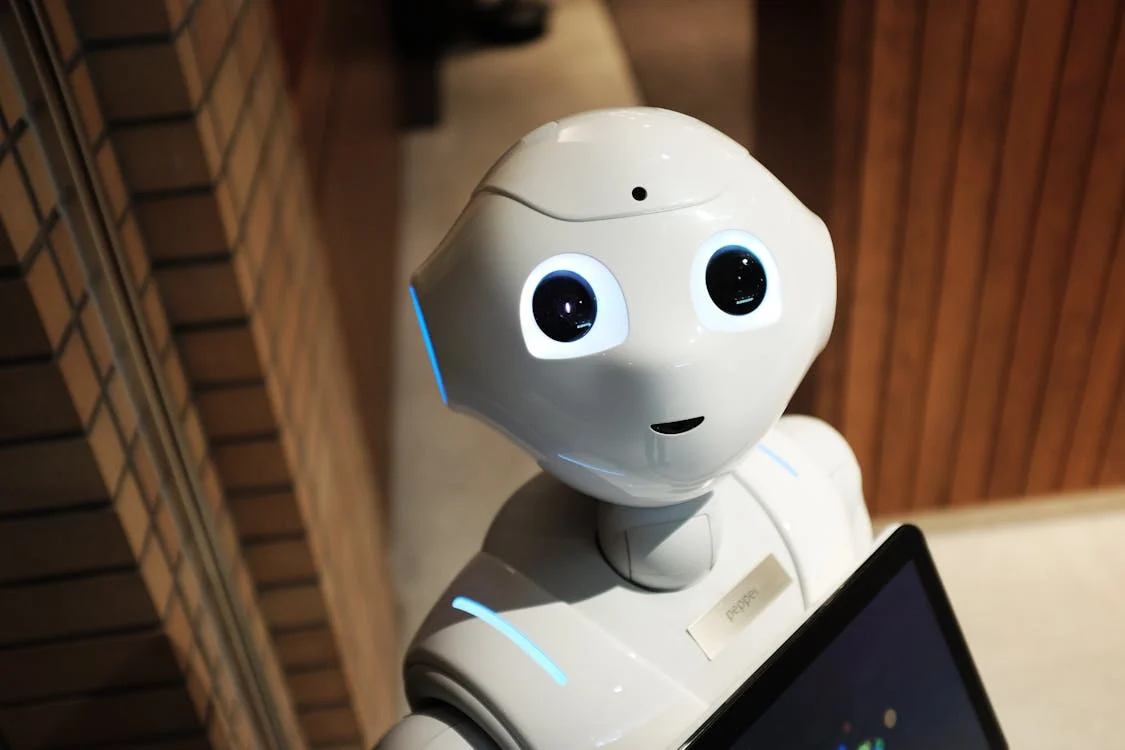
Why Is This Debate Trending Again?
The short answer is progress. In the past year or two, AI tools have exploded in popularity and capability. What once felt like a futuristic concept is now part of everyday work. ChatGPT, for example, can write essays, code software, summarize legal documents, and even write business emails.
AI art tools can produce visuals in seconds. Virtual assistants can take meeting notes, manage calendars, and create reports. Suddenly, it’s not just about machines doing physical labor. Now they’re doing brain work too.
Naturally, that has made people nervous.
Especially when job listings start saying things like, “Familiarity with AI tools preferred.” That’s when it hits home. It’s not just about learning something new anymore. It’s about staying relevant.
Why Some Believe AI Will Replace Humans
Let’s look at the arguments from the side of concern. There are real reasons people are afraid.
Automation Is Expanding
In the past, automation mostly affected blue-collar jobs. Now, white-collar professionals feel threatened too. Writers, marketers, analysts, even junior programmers are watching AI perform many of their tasks faster and cheaper.
Cost-Cutting Is a Major Factor
Businesses want efficiency. If an AI tool can handle tasks that used to take hours, why wouldn’t a company consider using it? In many cases, it’s not even about replacing people out of cruelty. It’s just about the bottom line.
AI Works Non-Stop
Humans need rest. Machines don’t. They don’t get tired, they don’t take breaks, and they don’t ask for raises. That’s a huge advantage in business terms.
Job Descriptions Are Already Changing
You’ve probably seen it. Even basic roles now mention AI tools as part of the job. What that really means is companies are expecting employees to work alongside AI. And in some cases, even be replaced by those tools if they’re not fast enough to adapt.
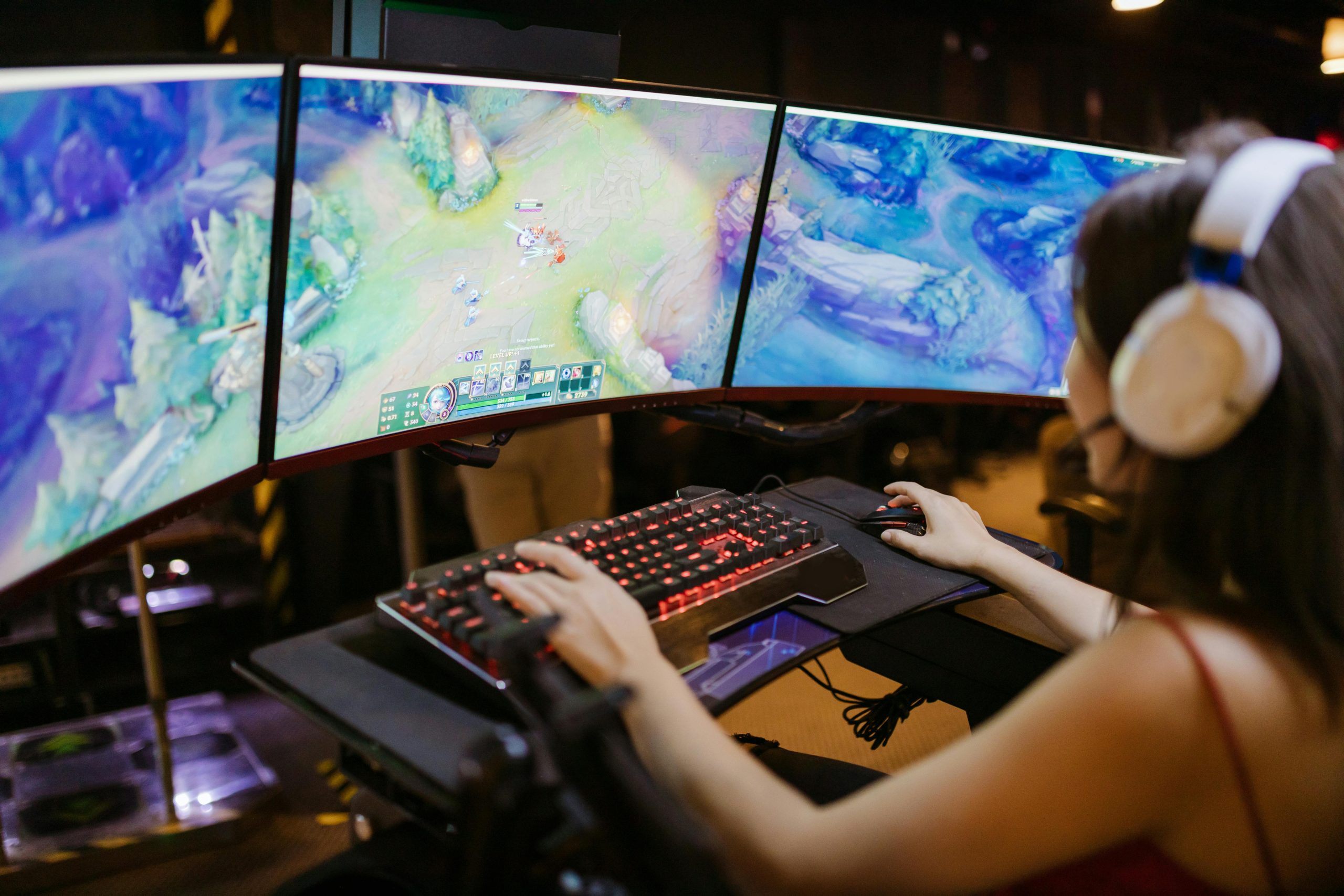
Why Humans Still Hold the Upper Hand
Now take a breath. There’s another side to this conversation. And it deserves just as much attention.
Emotional Intelligence Can’t Be Programmed
AI doesn’t truly understand human emotion. It can recognize patterns in language, but it doesn’t feel. Whether it’s counseling a co-worker, handling sensitive clients, or managing a difficult team, human interaction remains critical.
Real Creativity Is Still a Human Strength
AI can remix content. It can copy styles. But original, brave, context-rich creativity still lives in people. Whether it’s a script that moves hearts, a design that breaks boundaries, or a campaign that challenges culture, it’s usually human intuition leading the way.
Decision-Making and Ethics Matter
AI doesn’t have a moral compass. It follows code and data. In jobs where judgment, fairness, and responsibility matter, humans are still essential. Think of journalism, education, healthcare, law. These fields need more than fast answers. They need ethical reasoning.
Humans Adapt Faster Than We Realize
Every major shift in technology brought fear. When emails replaced letters, people worried about jobs in the postal service. When websites replaced physical stores, retail workers panicked. Yet new industries always emerged. The same is happening now. We are learning how to live and work with AI. And in doing so, we’re reshaping the workplace, not destroying it.
It’s Not AI vs Humans. It’s AI with Humans
This point is important.
The smartest companies are not replacing people with AI. They’re combining the two. They’re letting humans focus on creative, strategic work, while AI handles repetitive and time-consuming tasks.
Think of it like a toolbox. The better you understand the tools, the more effective you become. A graphic designer who knows how to use AI to speed up concepts is not less creative. A teacher who uses AI to personalize content for each student is not less valuable. They’re actually more efficient, and possibly more in demand.
The future belongs to those who can work with machines, not against them.

Which Jobs Are Most Affected?
Let’s keep this practical. Here’s a quick summary.
High-Risk Roles
-
Data entry and manual reporting
-
Basic customer service (especially chat-based)
-
Basic copywriting or email writing
-
Scheduling and admin tasks
Safer Roles for Now
-
Leadership, team management, and mentoring
-
Strategic decision-making positions
-
Hands-on skilled work (electricians, mechanics)
-
Creative direction and branding
-
Counseling, therapy, and social services
This isn’t to say any job is 100 percent safe. But it shows which ones are more likely to benefit from human presence.
Even in risky categories, people can upskill, pivot, and adopt new workflows that involve AI rather than compete with it.

What Should You Do Now?
Here’s the part that matters most. What should the average working person do? Whether you’re a student, a freelancer, or a full-time employee, these are solid steps anyone can take.
Learn the Tools
You don’t need to become an engineer. But learn how to use tools like ChatGPT, Notion AI, Midjourney, or Grammarly AI. Knowing how they work will help you stay competitive and confident.
Strengthen Human Skills
Think of empathy, storytelling, persuasion, collaboration. These are skills that don’t go out of style. The better you are with people, the harder it is to replace you.
Stay Curious and Open-Minded
Technology changes fast. The best thing you can do is stay informed and keep learning. Take small online courses. Join communities. Talk to others facing the same challenges. Adaptability is everything.
Build a Personal Brand
In a world filled with automated content, people want something real. Be that person. Whether through writing, public speaking, or just a thoughtful online presence, your unique voice will always stand out.
Final Thoughts
This isn’t the end of the job market. It’s the start of a different one. A new phase, where machines are here to help, not harm.
The real challenge is not whether AI will take your job. It’s whether you’re willing to grow, learn, and evolve with it.
The future doesn’t belong to machines. It belongs to humans who understand how to use them well.
So, the next time someone warns you about AI, remember this. Fear doesn’t protect your future. Preparation does.
And as long as we lead with creativity, compassion, and curiosity, there will always be space for real humans in this fast-moving world.

